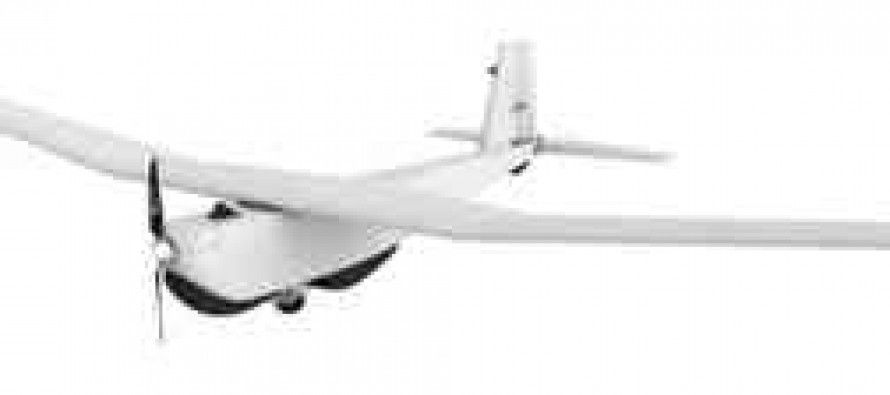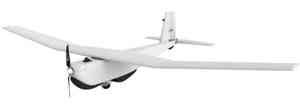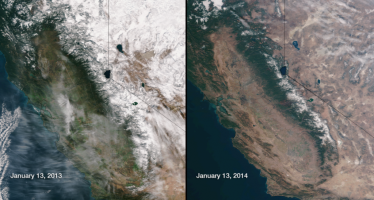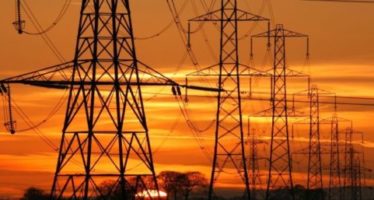Warrantless drone ban hovers over Brown’s desk

 With a stroke of his pen, Gov. Jerry Brown could set the tone for state-level drone policy.
With a stroke of his pen, Gov. Jerry Brown could set the tone for state-level drone policy.
After passing the Assembly and the state Senate, AB1327 will await Brown’s signature until the end of September.
Legislation regulating the use of drones by law enforcement has already been proposed or passed in 13 other states. But a combination of timing, public opinion and California’s high profile have catapulted AB1327 to national attention.
Around the country, voters have objected strongly to the prospect of “domestic” drones used to police citizens, and some legislatures have responded. In Virginia, legislators barred both cops and regulators from deploying drones for the next two years, while Florida’s elected representatives considered requiring a warrant for any use of drones by law enforcement.
Sweeping rules, specific restrictions
A bipartisan group of California lawmakers banded together to draft AB1327. Assemblymen Steven Bradford, D-Gardena, Jeff Gorell, R-Camarillo, and Bill Quirk, D-Hayward, proposed to restrict drone policing in several key ways:
- In general, “public agencies” would be barred from using or contracting for “unmanned aircraft systems.” Narrow exceptions would include a use of drones that “achieves the core mission” of an agency and “is unrelated to the gathering of criminal intelligence.”
- Law enforcement agencies would be required to obtain a warrant based on probable cause, except in the instance of traffic accidents, environmental disasters, or the inspection of “state parks and wilderness areas for illegal vegetation or fires.”
- Any public agencies “intending to deploy” drones would be required to provide “reasonable public notice.”
- Information collected by drones, including photo and video data, would have to be “permanently destroyed within one year,” and could not be “disseminated” beyond the agency collecting that information.
- Finally, along with such information and its records, the identities of individuals and entities who “obtains or requests” those records would be subject to a disclosure requirement. Here, narrow exceptions would include disclosures that “would endanger the safety of a person involved in an investigation,” or “endanger the successful completion of the investigation” itself.
In general, Gorell said, the prospect of policing by drone raised a threat to “our reasonable expectation of privacy,” requiring lawmakers to set “guidelines,” according to The Los Angeles Times. But amid the flurry of precise details and legalistic language, one exemption seemed to run contrary to the civil-libertarian flavor of the legislation. “Illegal vegetation,” which law enforcement could search without a warrant over public land, clearly referenced cultivated marijuana plants.
Legislating in advance
California’s cops have reacted negatively to news of AB1327’s passage. Aaron Maguire, legislative counsel for the California State Sheriff’s Association, summed up that organization’s skepticism toward Gorell’s view of privacy. “If you’re going to the 49ers game, or you’re in a public arena,” he said, “we don’t think an individual has a reasonable expectation of privacy, and we don’t think a warrant makes sense.”
By any measure, AB1327 can be read as an effort to head off a potential problem at the pass. Reactive legislating has increasingly come under attack by activists and lobbyists with vested interests in pushing against “do-nothing” legislators. In fact, although fears of drone abuse are on the rise, the number of such incidents has so far been very low nationwide. In California, however, a string of events attracting popular attention pushed drone concerns to the front burner more than inside political pressure or partisan agendas.
Backlash crested this summer against law enforcement drones real and imagined:
- San Jose police had to apologize for pursuing drone plans without adequate public notice.
- The Los Angeles Police Department placed two drones under lock and key pending clarifications of federal rules.
- A Los Angeles crowd dispatched a hobbyist’s drone, mistaking it for an LAPD device.
- A West Hollywood man raised awkward legal questions by tormenting city cops with flyovers of police station parking lots.
The decision on limiting drone use now is up to Brown.
Related Articles
$1 billion difference splits bond measures
It’s becoming clear the main difference between the four major water bonds being floated is $1 billion. The $1
Soaring costs vex health care witnesses
The escalating cost of health care is making sick patients wait until they get sicker before receiving the medicine that would cure them.
California seeks solutions to higher energy costs
Amid a shifting landscape of growing consumer choices and increasingly exacting emissions regulations, state utilities and regulators have pressed ahead




